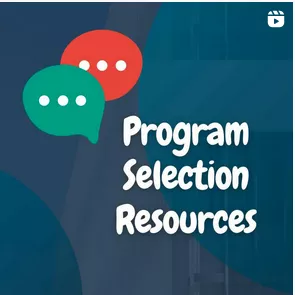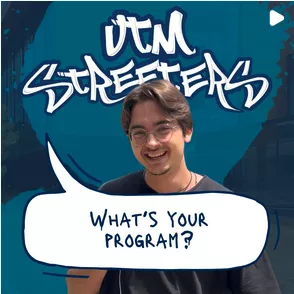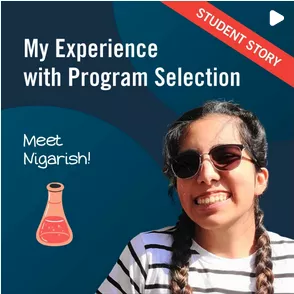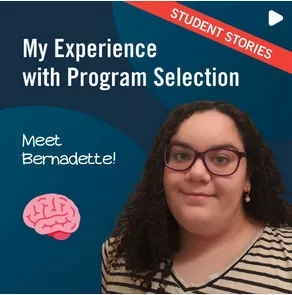
Program Selection
Choosing your program is a major milestone in your undergraduate career at U of T Mississauga.
At the end of your first year (or when you are on track to complete 4.0 credits), you will choose your program of study, also known as a subject POSt. If you have already earned a minimum of 4.0 credits (including transfer credits), you must enrol or apply to your program on ACORN. Your program is an important part of satisfying the 20 credit degree requirement for graduation.
Helpful Resources:
Program Combinations
You can customize your degree by choosing to focus on one program, or combining up to three programs. This gives you the flexibility to make decisions about what you study, the intensity (number of credits taken), and whether you want to mix and match programs.
You must choose one of the following:
- Complete 1 Specialist program
- Combine 2 Major programs
- Combine 1 Major and 2 Minor programs
Specialist, Major, Minor
Each program has a unique set of program completion requirements that you need to complete in time for graduation. The total number of credits required determines whether the program is a Specialist, Major, or Minor:
Limited and Unlimited Programs - Type 1, 2, 3
There are programs that have unlimited spaces, while others are more competitive. Every program has been uniquely labelled as a Type 1, 2 or 3 program to help you determine if:
- there are program entry requirements you need to meet
- there are unlimited or limited spaces in the program
- an application is required on ACORN.
Helpful Resources:
What is the difference?
Type 1
- No entry requirements
- Unlimited spaces
- Enrol on ACORN anytime
Type 2
- Must meet program entry requirements*
- Unlimited spaces
- Application required
Type 3
- Must meet program entry requirements*
- Limited spaces
- Application required
* to be eligible, you must meet the program entry requirements outlined in the Academic Calendar. This may include the completion of specific courses, achieving a minimum grade in a course, CGPA requirements, etc.
Video Library
Choosing Your Program
7 minutes | Answers all FAQs
Student Stories: Program Selection
4 minutes | Upper year student stories
Choosing Alternative Programs
You may have come to UTM with a program in mind, a set career plan, or a vision of what you want to achieve during your undergraduate career.
As you learn more about yourself, and the programs our campus has to offer, we want you to know that it is normal for your dreams and goals to change. Many students experience this after their first year.
It is common for students to change between specialists, majors, or minors that better align with their interests, skills, and strengths. Perhaps your plans have not changed entirely, and you are looking to combine programs instead of focusing on just one. If this sounds like you, this is a great time to meet with an Academic Advisor in the Office of the Registrar to help you plan your courses, and with a Career Counsellor to help you explore your future options.
If you were refused from your program, you may have many questions about what to do next, whether you'll try again during the next application phase, or you might wonder who to reach out to. Our Academic Advisors can help you with this transition and offer you helpful strategies to help you re-focus and map out your next steps. Check out the recording of the "Considering Alternative Programs" webinar in our video library.
 Tips and Considerations
Tips and Considerations
- You can only enrol in programs offered at UTM.
- Certificates can complement your overall academic experience.
- Arts and science programs can be combined.
- Students who combine one Major in the Arts with one Major in Science are eligible to receive either an Honours Bachelor of Arts degree or an Honours Bachelor of Science degree. An HBSc will be awarded unless a student notifies the Office of the Registrar that they prefer an HBa.
- For degree completion, it is not permissible to complete more than one program type (Specialist, Major, Minor) containing the same final four-digit program code. For example, students may not complete a Major in English (ERMA1645) and a Minor in English (ERMIN1645).
Students who combine programs must ensure that they have 12 distinct credits between their program requirements. Use the worksheet:
12 Distinct Credits Worksheet.pdf (855.69 KB)




